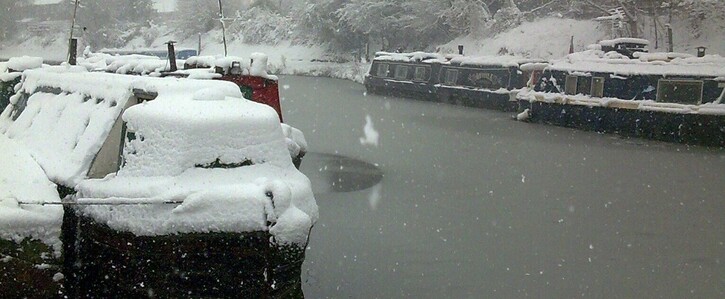10 signatures reached
To: Rt Hon Grant Shapps MP, Secretary of State for Business, Energy and Industrial Strategy
Include off-grid households in Government £400 Energy Bills Support Scheme.

We believe that households who live off-grid should qualify equally for the £400 Energy Bills Support Scheme.
The Government announced on 26th May 2022 that UK households will get at least £400 off their energy bills as the Energy Bills Support Scheme is being doubled and made into a one-off £400 grant. However, only households with a domestic electricity meter will qualify for this grant.
Many thousands of people in the UK live off-grid. They live in boats, caravans, vehicles, or on the land without mains services. Most of these households rely wholly or partly on diesel engines or generators, petrol generators, bottled LPG gas and solid fuel to heat and light their homes and to cook and heat water. They are just as affected by the rising price of energy as households with mains electricity.
We also believe that off-grid households must be included in the fund that was announced by the Prime Minister in Parliament on 8th September 2022 "so that all UK consumers can benefit from equivalent support."
The Government announced on 26th May 2022 that UK households will get at least £400 off their energy bills as the Energy Bills Support Scheme is being doubled and made into a one-off £400 grant. However, only households with a domestic electricity meter will qualify for this grant.
Many thousands of people in the UK live off-grid. They live in boats, caravans, vehicles, or on the land without mains services. Most of these households rely wholly or partly on diesel engines or generators, petrol generators, bottled LPG gas and solid fuel to heat and light their homes and to cook and heat water. They are just as affected by the rising price of energy as households with mains electricity.
We also believe that off-grid households must be included in the fund that was announced by the Prime Minister in Parliament on 8th September 2022 "so that all UK consumers can benefit from equivalent support."
Why is this important?
Rapid inflation in 2022 means that petrol and diesel prices have risen by almost 50% and bottled LPG by around 40% compared to 12 months ago. The wholesale cost of LPG has doubled in the past year. Those who have a mains electricity hook-up do not qualify for the grant because the supply to the marina or caravan site is commercial, not domestic. The cost of solid fuel started to increase around 12 months ago. Some are finding they simply cannot afford these price increases.
Most people who live off-grid are typically either working people on low incomes, or pensioners. Research* has shown that 51% of the liveaboard boater community were likely to have an annual income below £20,000, and 40% were likely to be earning minimum wage or less. The cost of living has increased much faster than wages. Some are having to rely on food banks and the generosity of others in the community.
People who live off grid may be able to use solar and wind power, but the amount of power renewables can generate if your home is a boat, vehicle or caravan is limited, especially in winter.
It is unfair to exclude these off grid, low income households from the support that is being offered to the rest of the UK population, even to the most wealthy.
*Research to identify impacts of British Waterways policy on boat dwellers without moorings, by Kennet and Avon Boating Community and similar research regarding the liveaboard boater community in London in 2011.
Most people who live off-grid are typically either working people on low incomes, or pensioners. Research* has shown that 51% of the liveaboard boater community were likely to have an annual income below £20,000, and 40% were likely to be earning minimum wage or less. The cost of living has increased much faster than wages. Some are having to rely on food banks and the generosity of others in the community.
People who live off grid may be able to use solar and wind power, but the amount of power renewables can generate if your home is a boat, vehicle or caravan is limited, especially in winter.
It is unfair to exclude these off grid, low income households from the support that is being offered to the rest of the UK population, even to the most wealthy.
*Research to identify impacts of British Waterways policy on boat dwellers without moorings, by Kennet and Avon Boating Community and similar research regarding the liveaboard boater community in London in 2011.
How it will be delivered
In person to the Secretary of State
